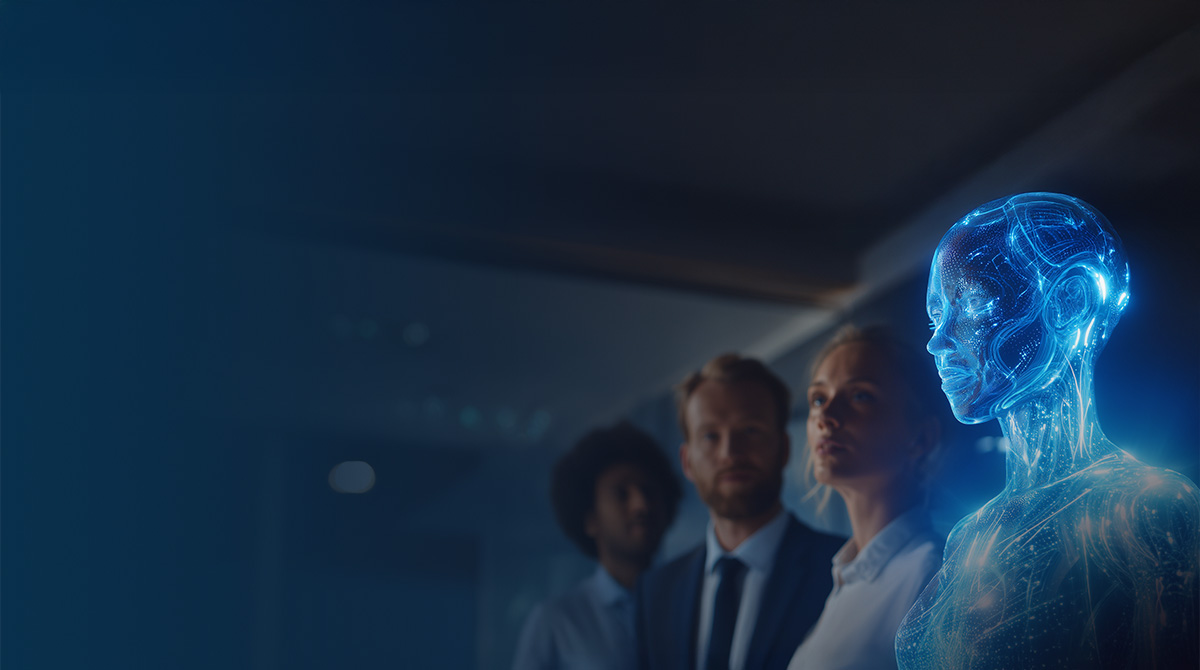Marketing has always evolved with technology, from the printing press to email automation, from social media to data-driven targeting. But nothing has reshaped the discipline as profoundly as artificial intelligence. In 2023, AI-powered chat tools like ChatGPT burst into mainstream awareness. By 2024, they had evolved into something even more powerful: AI agents. These aren’t just tools that help marketers write faster or crunch numbers more efficiently. They are autonomous collaborators, able to orchestrate entire workflows.
For decades, marketers relied on a toolbox approach: one platform for email, another for CRM, another for analytics, and a growing list of niche solutions stacked on top. Each tool solved a narrow problem but created silos that slowed execution. AI agents change this dynamic. They act as specialised digital operators that can take goals, analyse data, collaborate with other agents, and act without step-by-step human instructions.
The urgency is real. Content cycles are shorter, competition for attention is fiercer, and budgets are under pressure. Traditional marketing teams struggle to balance scale with personalisation. AI agents step in with measurable advantages: campaign production reduced by up to 90 per cent, smarter targeting that boosts ROI, and accessibility that allows smaller teams to deliver enterprise-grade marketing.
AI agents are not just another addition to the martech stack. They represent a new foundation for how marketing is planned, executed, and optimised. Like the dawn of digital advertising or social media marketing, the rise of AI agents marks a turning point. Those who adapt quickly will set the pace of innovation. Those who wait risk falling behind in an era where speed, agility, and intelligence define success.
Discover the top AI agents transforming marketing campaigns in our AI agent index >







.svg)






